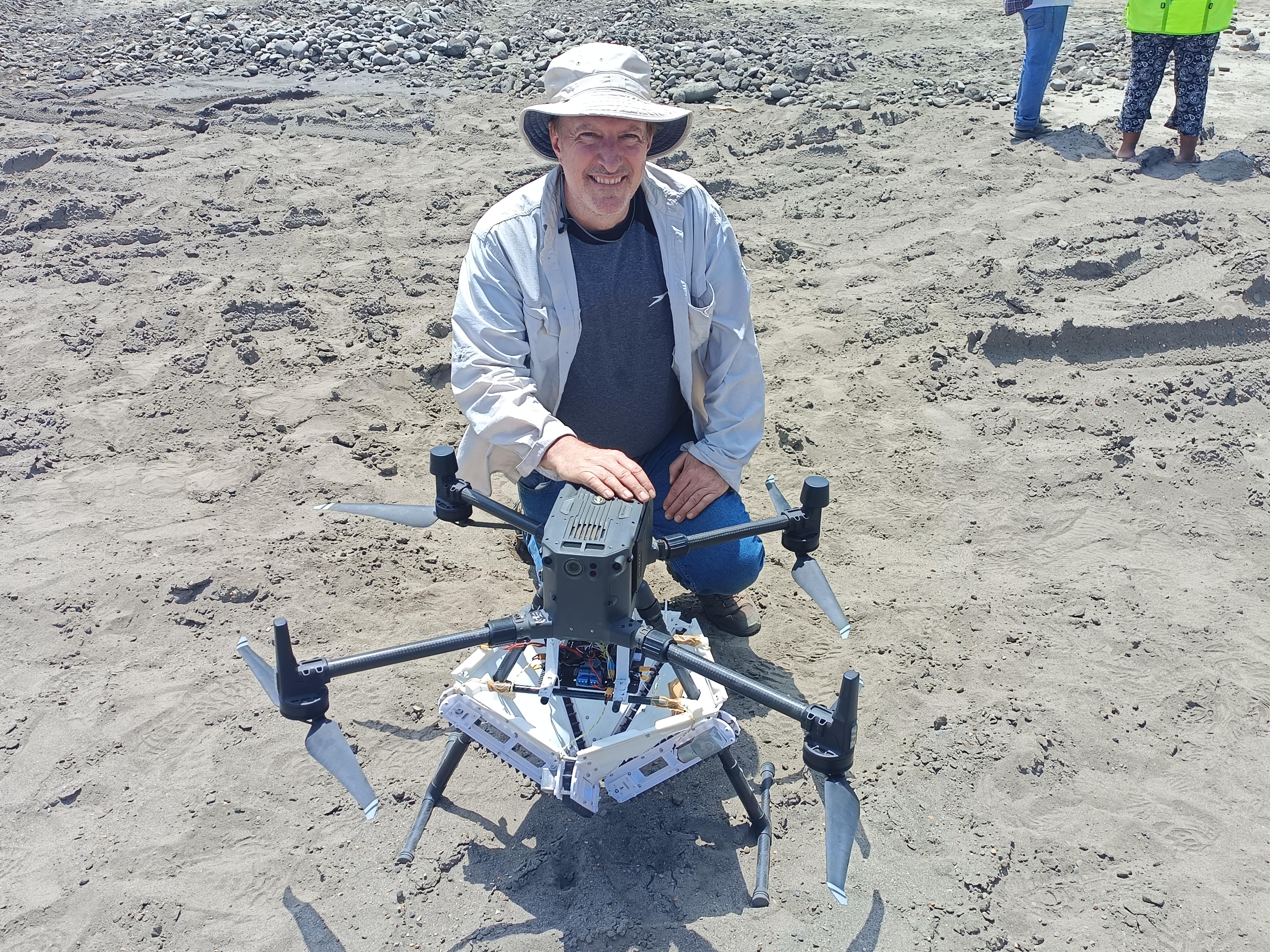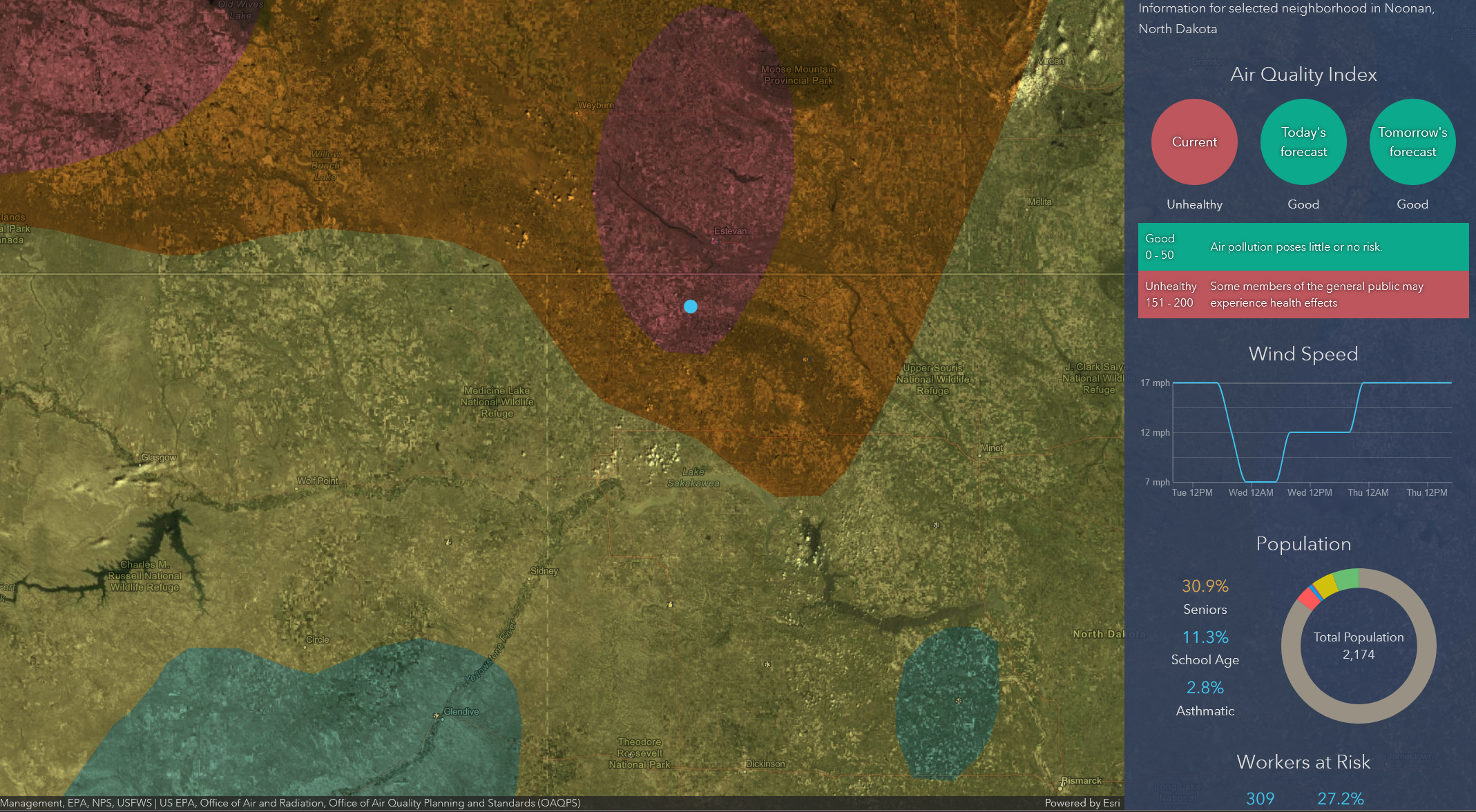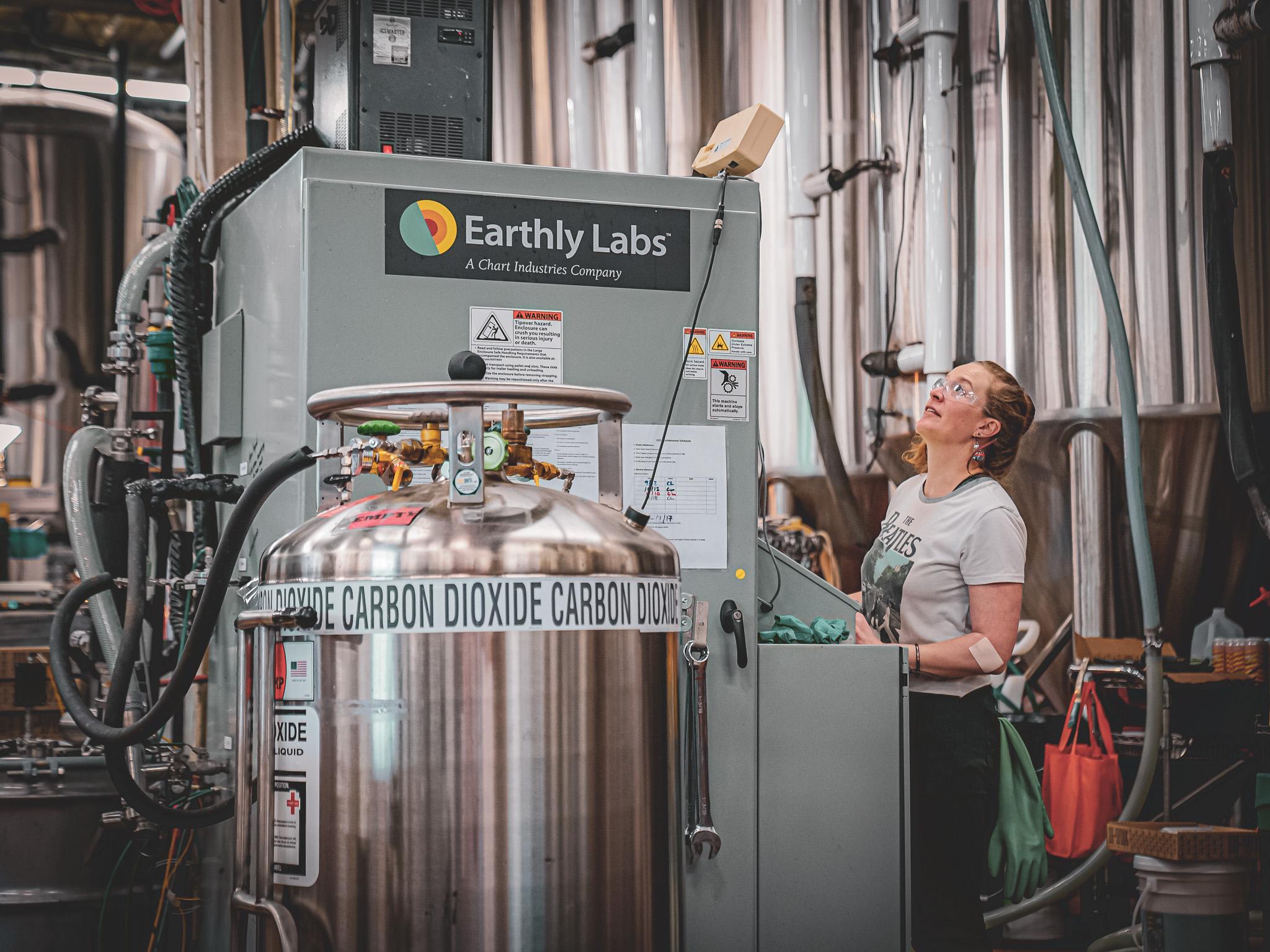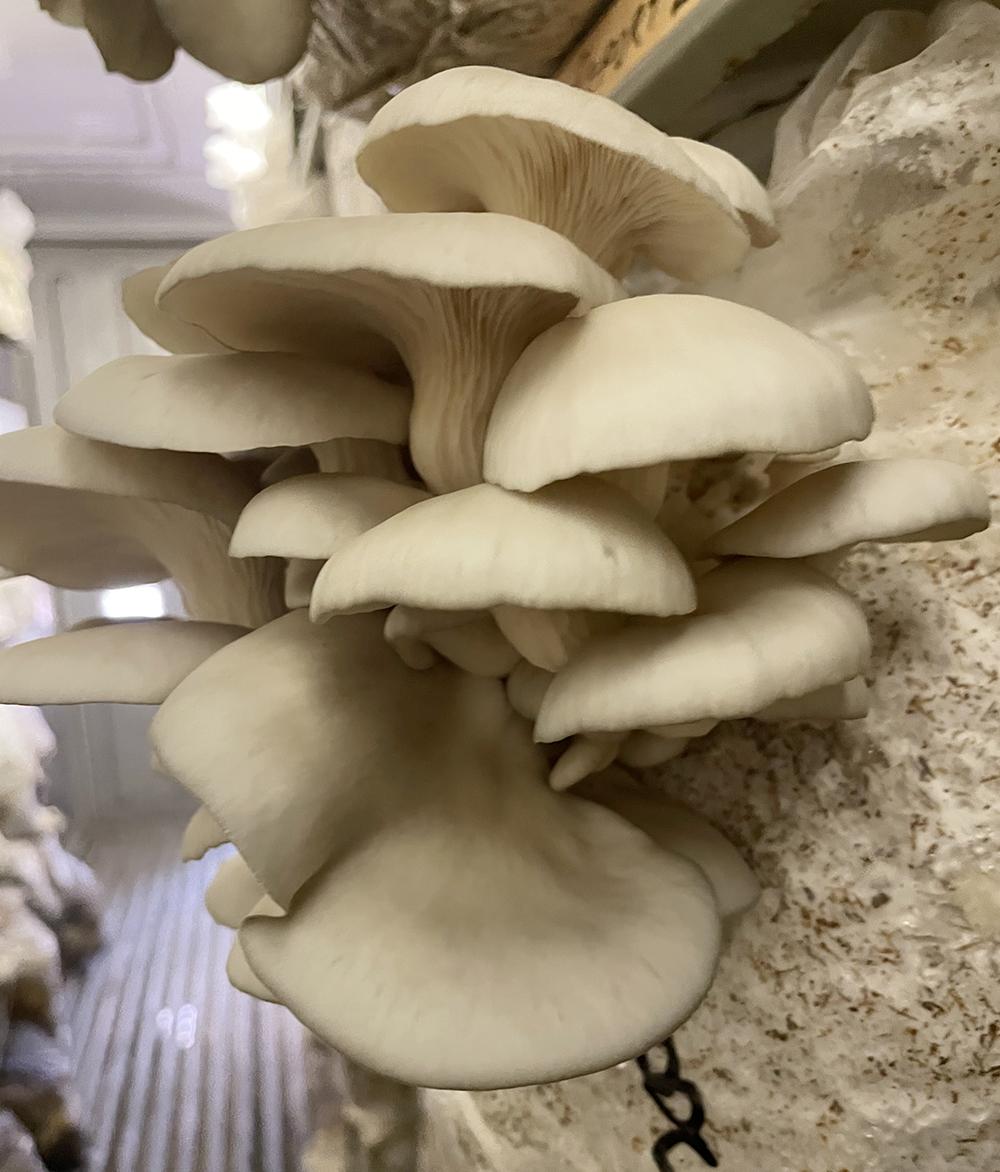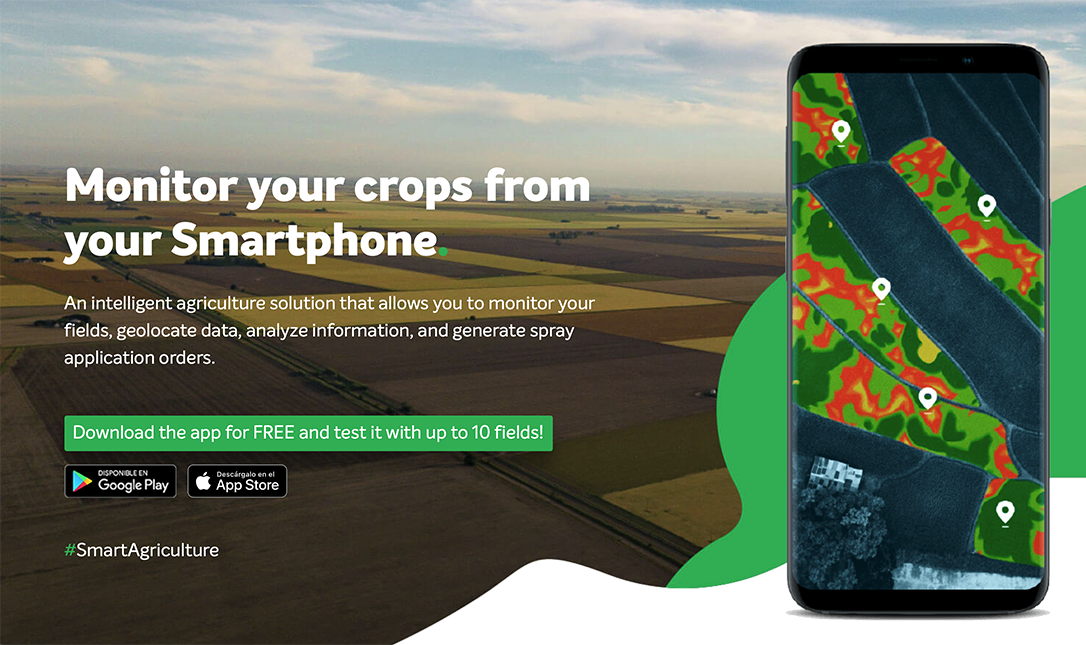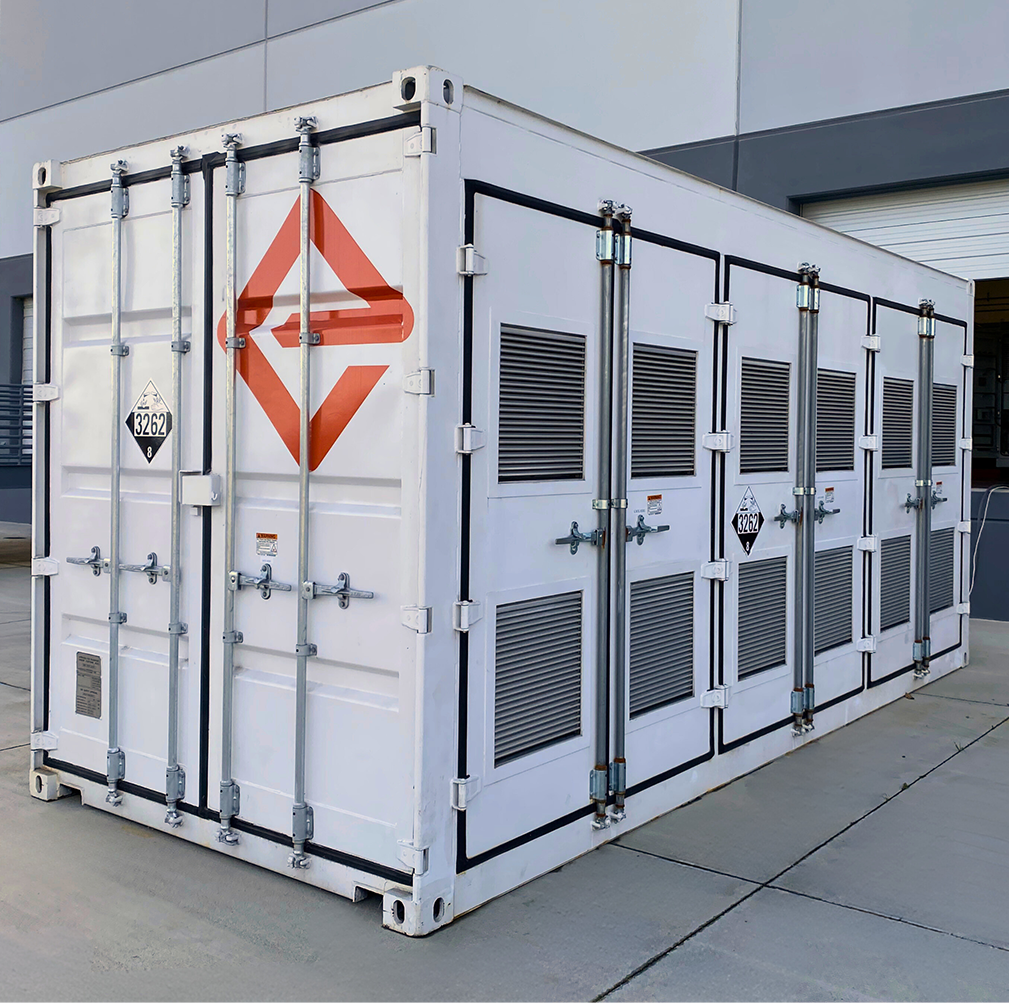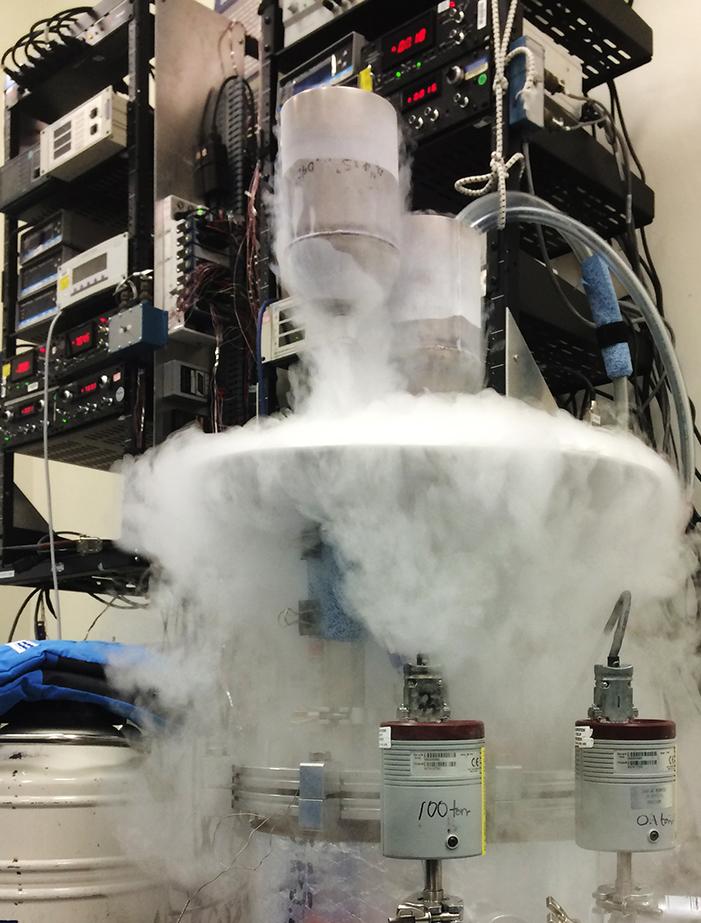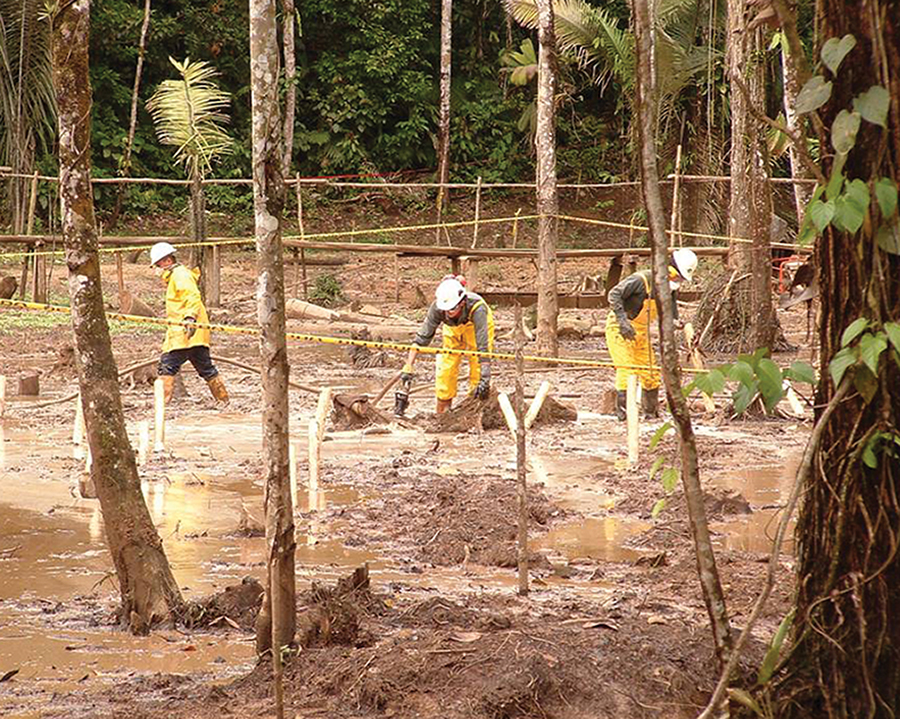
Bacteria Provide Cleanup of Oil Spills, Wastewater
Originating Technology/NASA Contribution
Given the size of our planet and its wealth of resources, it is easy to forget that those resources are finite. As Earth’s human population continues to grow, the questions of how to effectively limit and recycle waste, avoid environmental contamination, and make the most of water and fuel reserves become all the more pressing.
On a much smaller scale, these same concerns apply to astronauts living within the closed system of the International Space Station (ISS). All resources onboard the ISS—air, water, energy—are limited and must be carefully managed and recycled to create a sustainable environment for the crewmembers. This challenge must be met without the natural systems that provide for and sustain life on Earth.
Well before construction of the ISS began in 1998, NASA was investigating ways water could be purified and reused by astronauts living in orbit. One method the Agency explored—through partnership with a small Texas company—involved bringing into space Earth’s most abundant biological resource: bacteria.
Partnership
Micro-Bac International Inc., headquartered in Round Rock, began business in the early 1980s with the idea to selectively utilize Earth’s natural waste management system to provide safe, efficient, and environmentally sound solutions for a host of applications.
“In the biosphere, everything gets broken down by microorganisms,” says Dennis Schneider, vice president and director of research and development for Micro-Bac. “But in specific waste applications, you find that the right mix of microorganisms is not there. What we’ve found over the years is that we can isolate microorganisms out of the environment, and individual strains of those would have the capacity to break down certain types of organic compounds that are typically difficult to degrade.” The bacteria accomplish this, Schneider explains, by producing protein enzymes that break down organic compounds into subunits, which the bacteria then grow on, creating more bacteria, carbon dioxide, and water.
“It’s a natural process with no toxic byproducts,” says Schneider.
Through Phase I and II Small Business Innovation Research (SBIR) contracts with Marshall Space Flight Center, the company developed a phototrophic cell for water purification. Inside the cell: millions of photosynthetic bacteria from strains specifically isolated for their ability to break down toxic chemicals astronauts could encounter on the ISS. Requiring only enough light to sustain the bacteria, the cell could provide a low-power option for cleansing wastewater during long-term space missions.
Micro-Bac proceeded to commercialize the bacterial formulation it developed for the SBIR project. Mega-BacTF, first featured in Spinoff 1999, is among the microbial products the company offers to the benefit of cities and industry around the world.
Product Outcome
Mega-BacTF is now part of an expanded Mega-Bac product line formulated for organic materials degradation and odor control in large bodies of water like municipal lagoons. Mega-Bac products are also used for the remediation of animal waste, wastewater systems, and septic tanks, and are employed in waste treatment for livestock farms and food manufacturers. The leading U.S. pork producer, tortilla plants, juice makers, microbreweries, and even tequilerias in Mexico use Micro-Bac’s natural, nonpathogenic biotechnology to help limit the environmental impact of their waste byproducts. The company’s bacterial solutions are also popular in tropical regions such as Brazil, where plentiful sunlight makes Micro-Bac’s photosynthetic bacteria a cost-effective alternative to the traditional sludge systems used in municipal wastewater treatment. Micro-Bac also offers products designed to treat hazardous and contaminated waste; dairy waste; grease, fats, and oils; waste from fruit and vegetable processing; and waste from leather tanning.
“We’re into just about anything you can imagine that involves organic material degradation,” Schneider says. The company has collected bacterial species from around the world and carefully formulates its products using specific strains that work in harmony to target each customer’s environmental issue—no genetic engineering involved and no special handling measures or equipment required.
“Wood, for example, is slow to break down in nature,” Schneider says. “But you can find microorganisms that can break down wood very quickly. You can target specific applications.”
Micro-Bac offers more than specific waste treatment solutions. The company is also a leading provider of microbial products for improving oil production. Oil wells often struggle with the accumulation of compounds like paraffins and asphaltenes, components of crude oil that can settle out and create deposits that can bring oil production to a standstill and require costly maintenance treatments to remove. Micro-Bac’s oilfield products, which include strains of bacteria from the company’s NASA-derived formulation, break down those deposits, leading to significant boosts in productivity—one Kansas oil well increased its production over 500 percent after treatment with Micro-Bac products.
These same qualities make Micro-Bac’s oil-targeted products effective tools for countering environmentally damaging oil spills. The company has assisted in the cleanup of crude oil spills in Ecuador, and officials called upon Micro-Bac’s microbial solutions to help mitigate the environmental impact of the catastrophic 2010 oil rig explosion off the coast of Louisiana by breaking down oil that reached shore.
Micro-Bac continues to develop targeted biotechnology for its customers’ waste treatment and oil production applications, including a granulated version of its liquid crude oil degrading products. Customers will be able to keep the dried product on hand to simply sprinkle on any small oil spills. Meanwhile, the derivatives of the company’s small-scale NASA collaboration continue to help address large-scale environmental and energy concerns in the United States and beyond.
“A wellspring of utility has come out of that work,” says Schneider.
Mega-BacTF™ is a trademark of Micro-Bac International Inc.
Mega-Bac® is a registered trademark of Micro-Bac International Inc.
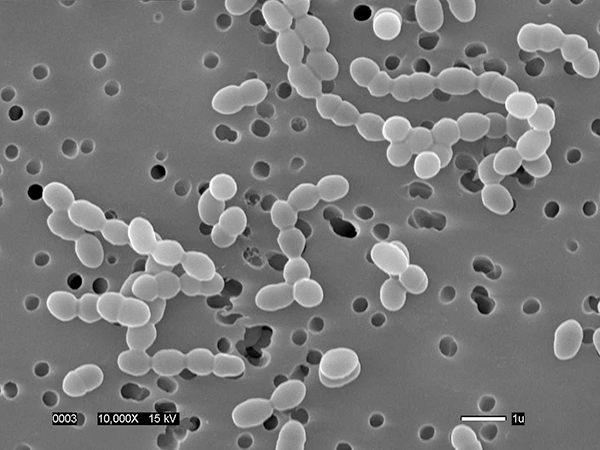
Micro-Bac International Inc.’s microbial solutions, including formulations developed under NASA SBIR contracts, utilize specifically selected bacteria combinations to naturally break down organic compounds such as animal waste and oil, without yielding toxic byproducts.

Micro-Bac’s products have been used for oil spill cleanup, such as at this site in the Amazon rainforest in Ecuador, and is being employed in mitigating the environmental damage caused by the 2010 oil rig explosion and spill in the Gulf of Mexico.




